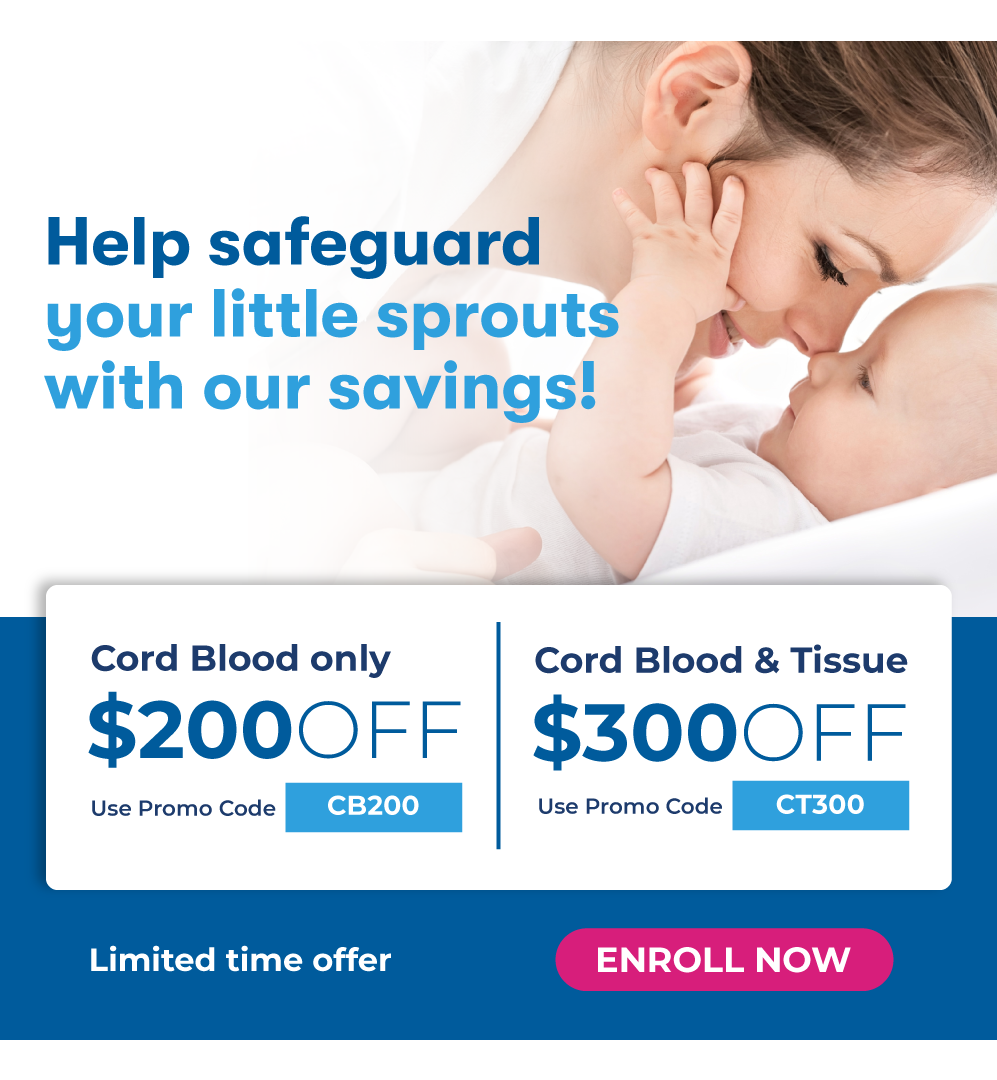
by Roshan Geogy | Blog, Cord blood stem cells, Stem Cell Research
Cleft lip and cleft palate (CLP) are the most common craniofacial birth defects in the world.¹ Yet, those born with CLP often feel isolated in their struggle to lead a normal life. A new path forwardTraditional cleft lip repair treatment is a complex process that...

by Insception Lifebank | Blog, Cord blood stem cells, Newborn Possibilities Program
Over the past several decades, significant medical advancements have extended the lifespan and improved the quality of life for children with complex congenital heart defects (CHDs).1 Despite this progress, many cardiac patients who receive prosthetic devices such as...

by Insception Lifebank | Blog, Client Stories, Cord blood stem cells
Hunter Moore’s favorite phrase to hear may just be, “You can’t do that.” To him, it’s just further fuel for defying the odds. Still in high school and already a champion bodybuilder with over 93,000 Instagram followers, this teen has overcome incredible obstacles to...

by Insception Lifebank | Blog, Cord blood stem cells
Cord Blood Awareness Month 2024 (#CBAM2024) is especially meaningful for the team here at Insception Lifebank. This year marks the 50th anniversary of cord blood being identified as a source of stem cells.1 It’s a discovery that over the past five decades has led to...

by Insception Lifebank | Blog, Cord blood stem cells
To an outsider, Tommy Bacon and his baby sister Aria may look like any pair of close siblings. But the two have a bond that runs far deeper than most. When Tommy was just two years old, he was diagnosed with an extremely rare form of leukemia, and the family was told...

by Insception Lifebank | Blog, Cord blood stem cells
This year marks the 50th anniversary of cord blood being identified as a rich source of stem cells.1 It was this pivotal discovery that inspired us to begin our mission of helping families take advantage of the potential benefits of newborn stem cell preservation. In...







 Sign in
Sign in 

